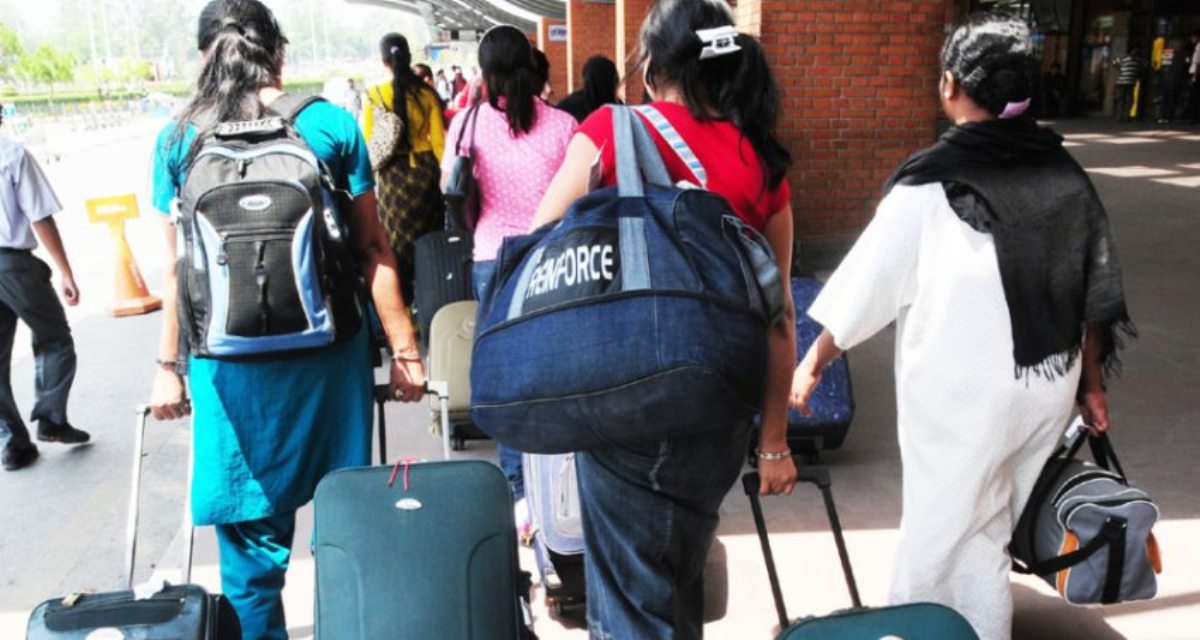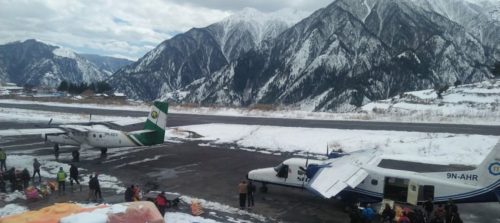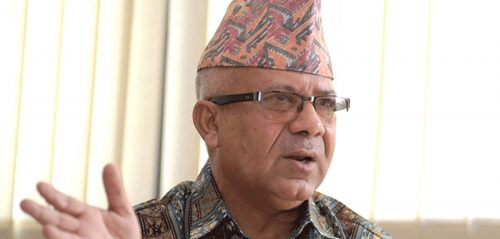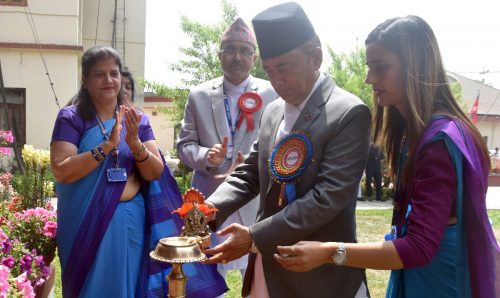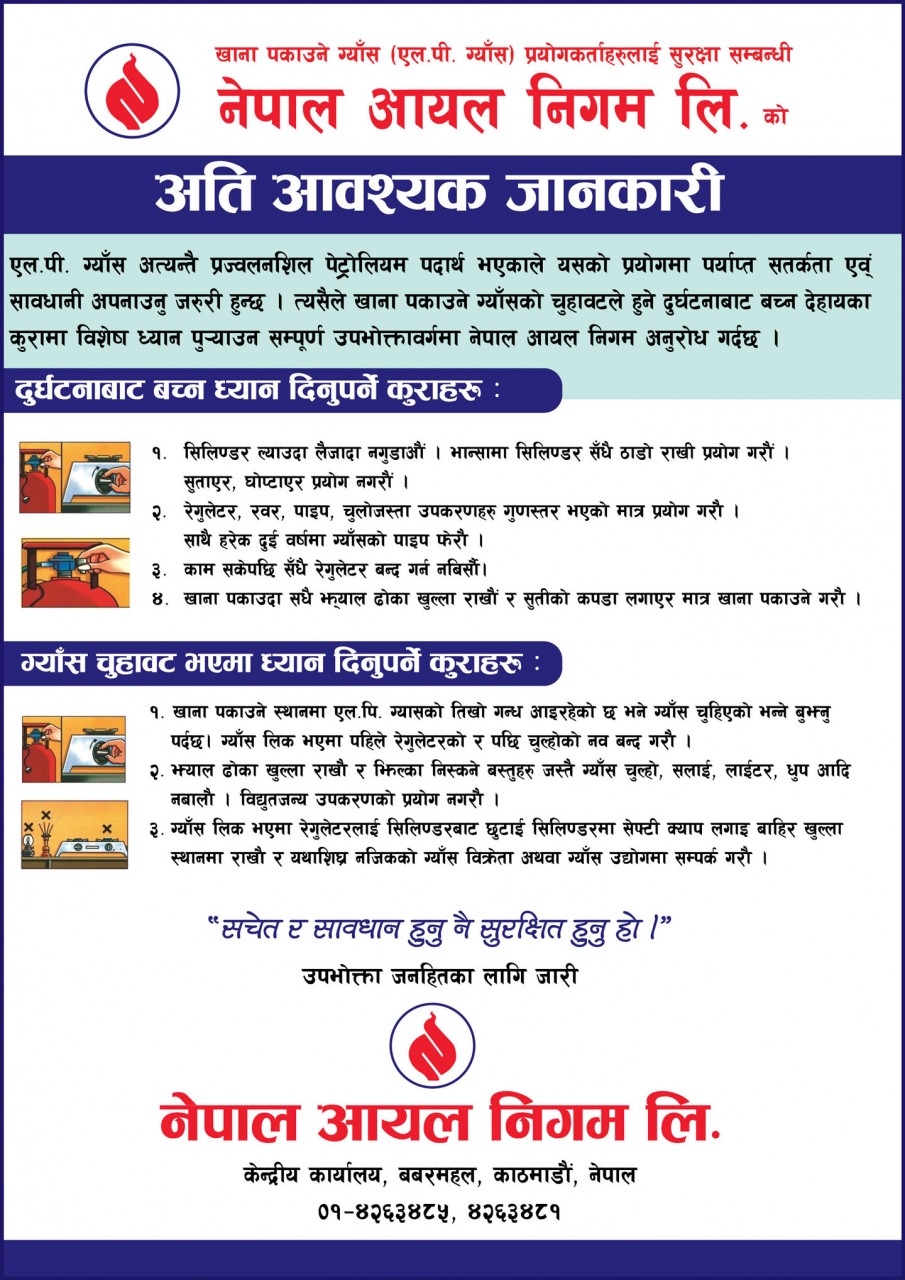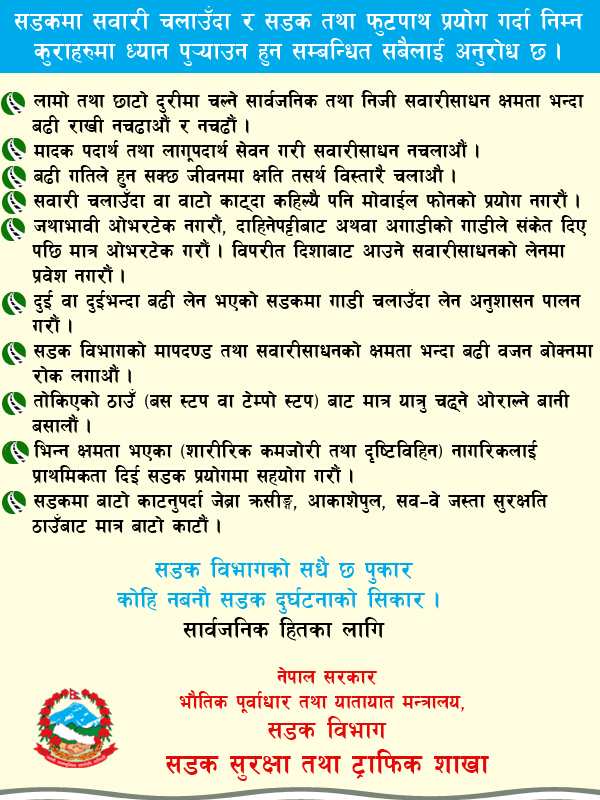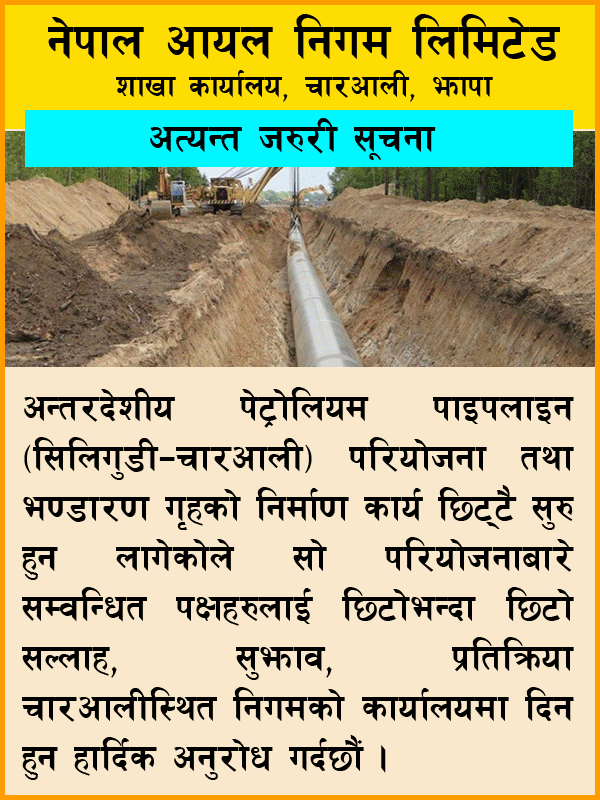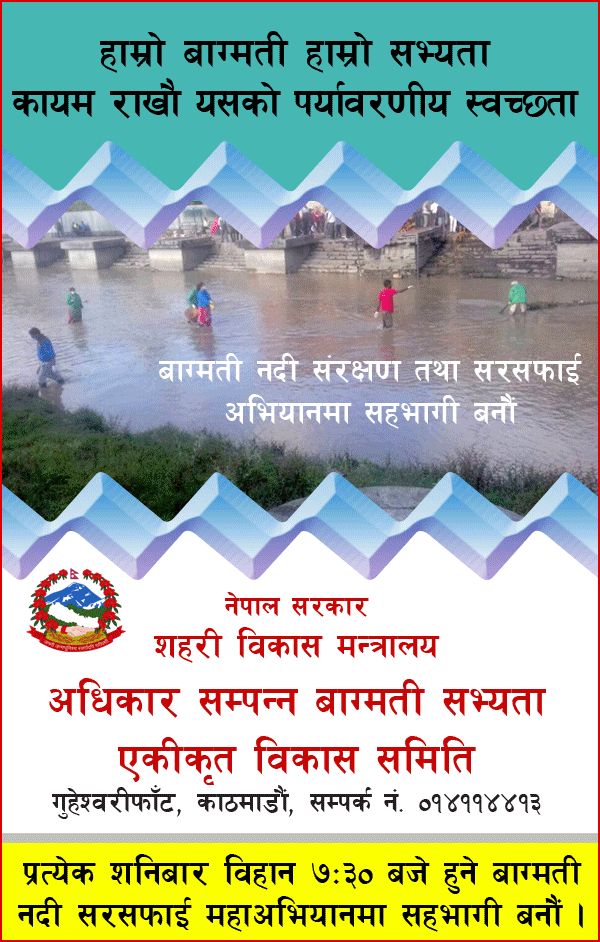More than two-thirds of Nepalis migrant workers abroad will not choose the same recruiting agency if they were to go again on foreign employment.
This is the finding of an analysis report of the Migrant Recruitment Advisor (MRA) in Nepal which was shared in a sub-regional South Asia meeting on MRA organized by the International Trade Union Confederation (ITUC) here on Wednesday.
The preliminary analysis report is based on the responses of 1,539 migrant workers and returnee migrant workers. Among the respondents, 70 percent have said they will not take the service of the same recruiting agency which they chose first time if they have to go on foreign employment again.
Similarly, 98 percent of the respondents have said they have paid service charges more than that fixed by the government while going on foreign employment. They have said they paid more than Rs 100 thousand as service charge. Only two percent have said they did not pay any extra fees or charges in the recruitment process.
The government has fixed the minimum service charge and implemented the ‘free visa, free ticket’ provision for the main destination countries while no fees are charged for Malaysia, the United Arab Emirates, Mauritius, and some other countries. Despite these provisions, a majority of the respondents have said they had to pay exorbitant fees during the recruitment process.
Nearly one-third of the respondents have said they were not given the work in the destination countries which they were promised at the time of recruitment while 53 percent of them stated that they were not getting the salary as mentioned in the contract.
Moreover, 96 percent of the respondents said their employers have not returned their passport and other documents to them in course of their employment. Only 26.4 percent of them have said they would return to their previous employer. This shows that a large number of migrant workers are not satisfied with their employers.
Likewise, a majority of the respondents said they were deprived of their right to independently leave the destination country. Eighty-three percent of the respondents said so. Only four percent of the respondents said they had the right to become a member of a trade union in the country of destination.
The preliminary report shows that 80 percent of the respondents have taken the pre-departure orientation. The government has made this orientation training mandatory for the workers before going for foreign employment. One cannot go on abroad job without taking this pre-departure orientation.
It is stated that although the government has adopted various policies for making the migrant recruitment process fair and dignified their implementation is weak.
The workers are still vulnerable to abusive recruitment especially when they are seeking jobs in an environment of high unemployment, exacerbated by the COVID-19 pandemic, when there is intense competition for jobs, domestically or abroad, and when they are not protected by strong and effective workers’ organizations and by clear laws and effective enforcement.
The MRA website was launched in 2018 to enable the ITUC and its affiliates to create a global poor-to-peer recruitment review platform that provides accurate information on recruitment to both prospective migrant workers and workers already living and working in countries of destination. (RSS)



